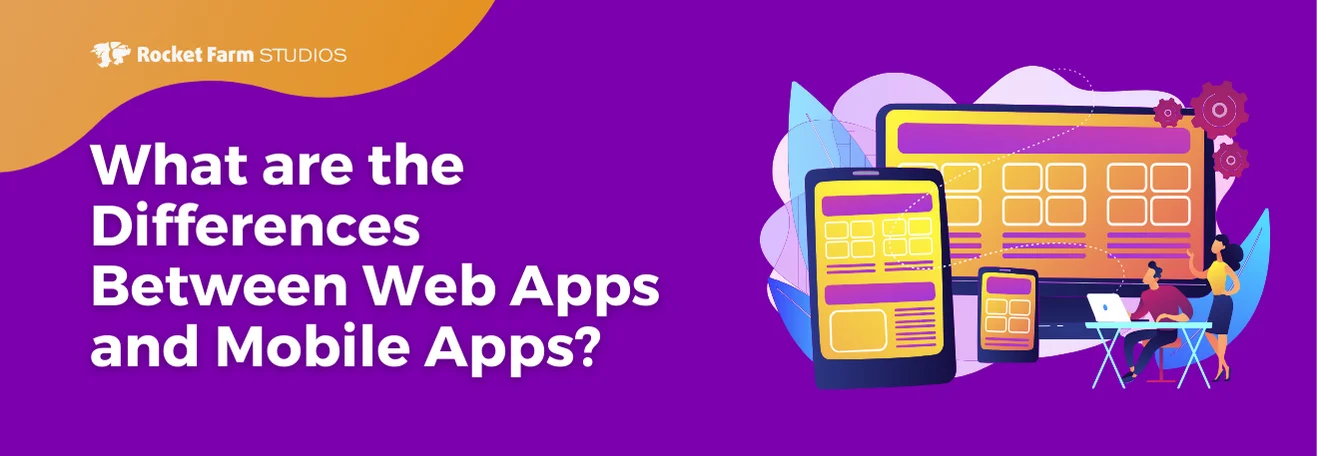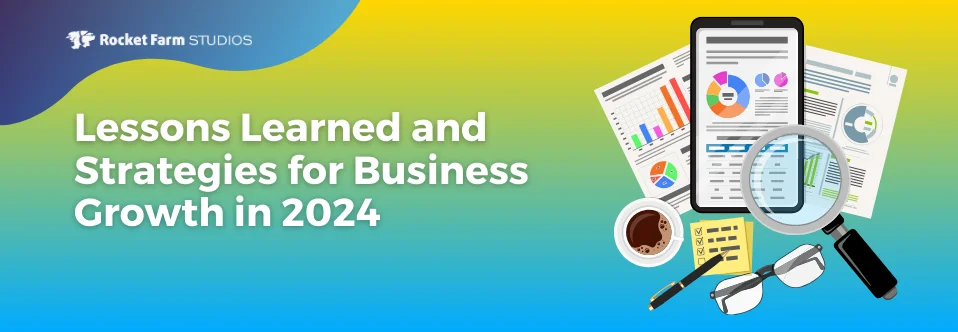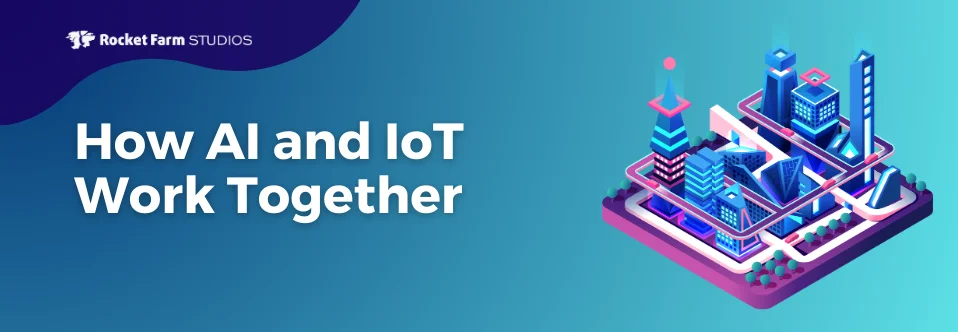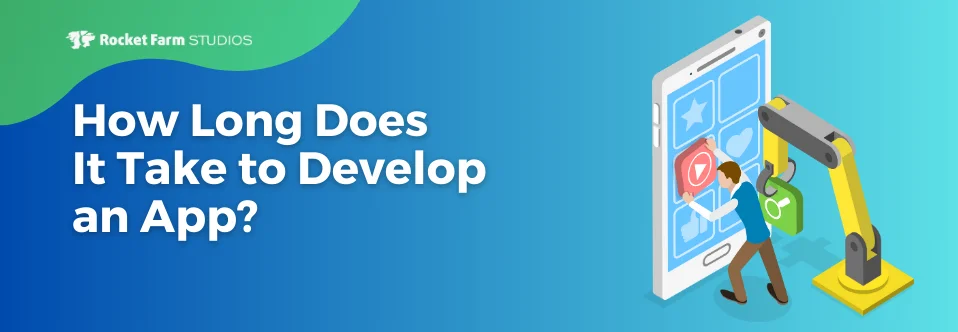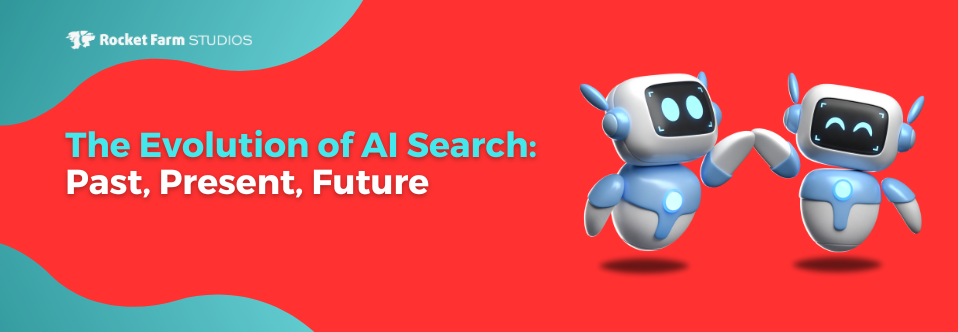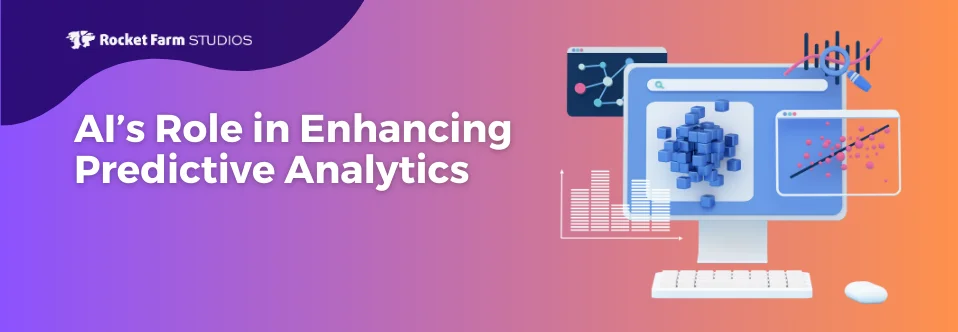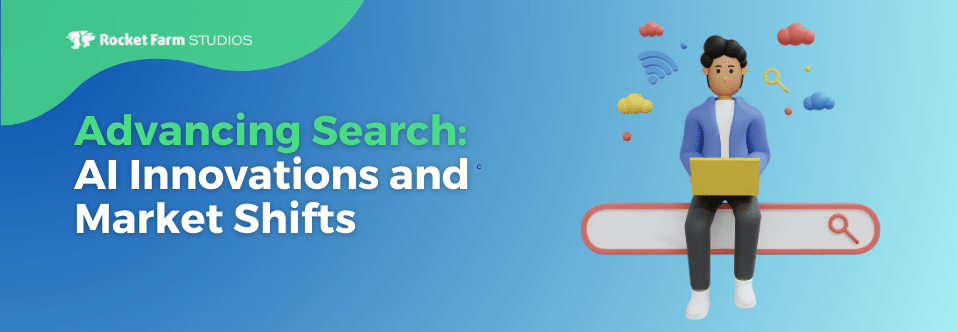
The battle for dominance in the search engine market is intensifying, with Google’s remarkable $20 billion annual investment to secure its spot as the default search engine on Apple devices highlighting the strategic lengths companies will go to in order to expand their influence.
This massive financial commitment is just the beginning of a complex story unfolding within the technology sector, signaling a period of intense innovation and competition.
This narrative isn’t just about Google’s financial might; it’s about setting the stage for the future of digital engagement. In 2021, search engines processed over 3.5 billion searches per day, a figure that underscores the critical role these platforms play in our daily lives.
Google, holding over 83% of the global search engine market share as of the last quarter, isn’t just fighting to maintain its leading position; it’s investing in the future of how we discover, interact with, and process the world’s information.
In the midst of this epic tech battle, Rocket Farm Studios wants to help you make sense of it all. We’re here to break down the strategic moves that are shaping the future of search engines, showing you how these changes might affect the way you use the internet.
Our aim is to give you a clearer picture of where search technology is headed and how you can use these new developments to your advantage, whether for personal knowledge or to help your business stay ahead of the curve.
The Google-Apple Dynamic
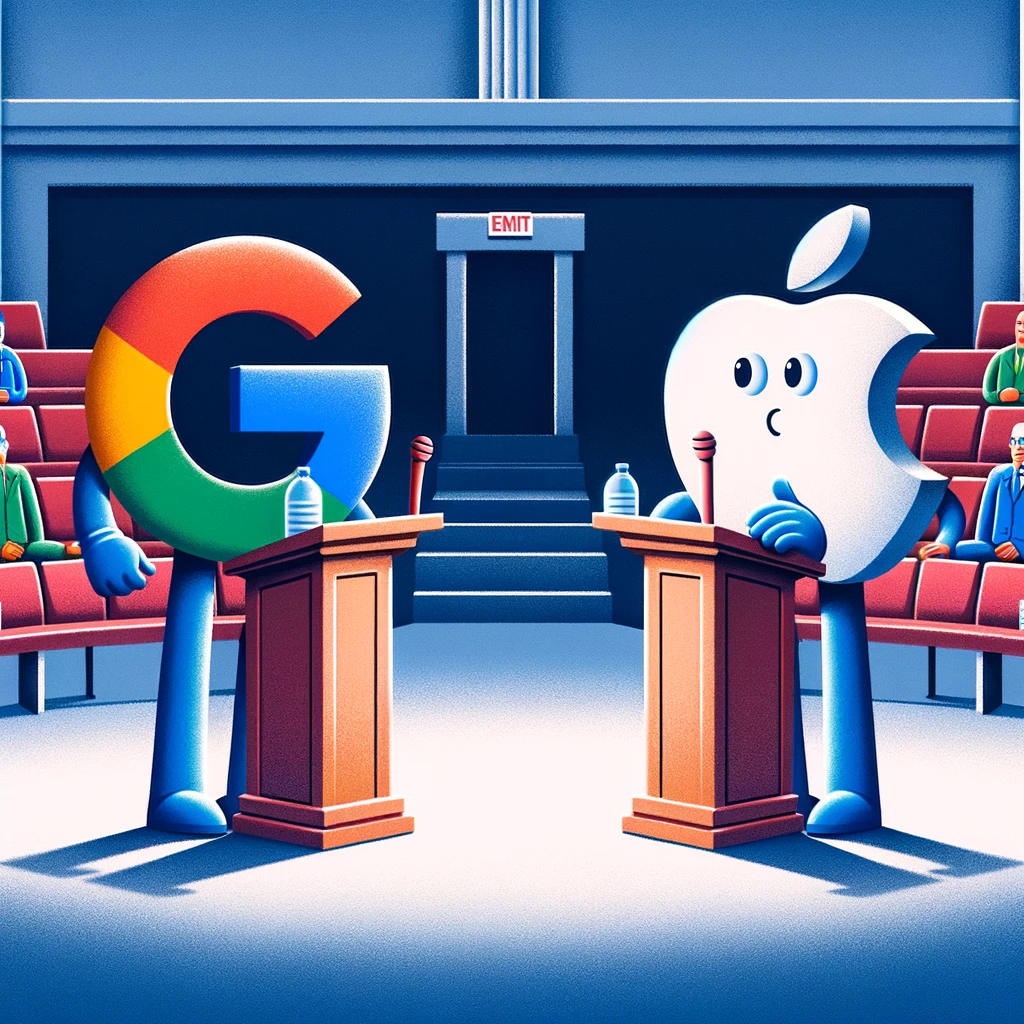
Google and Apple engaging in a spirited debate, showcasing their competition and cooperation in the tech world. This image was generated by AI.
The relationship between Google and Apple is a great example of how big companies sometimes work together, even when they seem like they’re always competing. Imagine two soccer players from rival teams deciding to share tips because it helps both of them play better. That’s kind of what’s happening with Google and Apple.
This dynamic is not just about maintaining market presence; it’s a strategic acknowledgment of each company’s strengths and the realization that cooperation can lead to mutual benefits that might not be achievable through competition alone.
For Google, the payments ensure direct access to a high-value demographic of Apple device users, who are often perceived as more willing to spend money on apps, services, and products. This direct access is crucial for Google’s advertising business, which relies on gathering data to deliver targeted ads.
For Apple, the arrangement brings in a significant source of revenue, bolstering its services segment, which has become increasingly important as the company seeks to diversify its income beyond hardware sales.
This income stream from Google helps Apple invest in research and development, improve its product ecosystem, and potentially subsidize the cost of its devices to maintain competitive pricing.
Moreover, this partnership between Google and Apple demonstrates the nuanced nature of competition and cooperation in the tech sector, often referred to as “co-opetition.” Companies may compete in one arena while collaborating in another, recognizing that such partnerships can lead to innovation and growth that benefits both parties and, by extension, their customers.
Emerging Competitors and Innovations
Microsoft’s Bing and Edge browser, with their integration of OpenAI, mark a significant leap towards enhancing search capabilities through artificial intelligence, making for a more intuitive user experience. This move reflects a broader industry trend towards utilizing AI to heighten the efficiency and effectiveness of search technologies.
Adding to this landscape, Google’s Chrome browser introduces innovative features like Copilot and Gemini, further differentiating the search experience for users.
Copilot in Chrome acts as a personal assistant, leveraging AI to provide contextually relevant information and suggestions based on the user’s browsing history and search queries. This feature aims to streamline the search process, making it faster and more personalized.
On the other hand, Gemini focuses on enhancing the visual and interactive aspects of search, offering users an immersive experience by integrating richer media and interactive content directly into search results.
These developments by Google and Microsoft signify a shift towards a more integrated and interactive AI-driven search ecosystem. The goal is not just to respond to user queries but to understand and anticipate needs, providing information in a more natural, immediate way.
This evolution in search technology promises to make our digital interactions more seamless, productive, and personalized, highlighting the industry’s move towards making technology more adaptable and intuitive to user needs.
The Disruptive Forces: Arc.net and Rabbit.tech
Arc.net and Rabbit.tech are emerging as game-changers in the search engine landscape, each taking a unique approach to disrupt traditional search methods. Arc.net is making waves by offering a search experience free from the clutter of advertisements, focusing instead on summarizing essential information.
This move is not just about providing a cleaner interface; it’s a bold statement on prioritizing user needs and convenience over the pervasive commercial interests that dominate today’s internet.
Such an approach could significantly alter what users expect from their search experiences, pushing the market towards offerings that value content quality and relevance above all.
On the other hand, Rabbit.tech is reimagining how we interact with search engines. By adopting a conversational interface, it transforms search from a one-way query-response transaction into a two-way dialogue. This isn’t just a technical improvement; it’s a fundamental shift towards making digital interactions more human-like.
Through advanced natural language processing, Rabbit.tech aims to understand and execute user commands in a manner that feels intuitive, making the search engine feel more like a personal assistant ready to act on your behalf.
Both platforms signal a broader trend in the tech industry: a move towards more personalized, user-centric services. Arc.net’s ad-free, summary-focused search experience addresses the growing frustration with the overwhelming commercialization of digital spaces. In contrast, Rabbit.tech’s conversational search interface taps into the desire for more natural, seamless interactions with technology.
These innovations challenge the status quo, suggesting that the future of search may lie in platforms that not only find information but understand and anticipate our needs in a more sophisticated way.
As these disruptive forces gain traction, they could redefine our expectations for digital tools, making them more responsive, less intrusive, and ultimately more aligned with our natural ways of communicating and seeking information.
Beyond Technology: A Cultural and Societal Shift

Search technology blends into every facet of life, redefining our culture and societal interactions. Image generated by AI.
The transformation of search technology is not merely about the technological leaps from simple keyword searches to complex artificial intelligence algorithms. It’s deeply intertwined with cultural and societal shifts that see us moving from passive consumers of information to active participants in a dialogue with technology.
Key examples of this evolution include Google’s integration of AI to understand the intent behind search queries better, enhancing the relevance of search results.
Microsoft’s Bing and Edge browser collaboration with OpenAI to create more intuitive search experiences is another notable milestone. These advancements reflect a broader trend towards creating a more conversational and user-centric digital environment.
The rise of platforms like Arc.net and Rabbit.tech further illustrates this shift. Arc.net’s ad-free, summarized content approach and Rabbit.tech’s conversational search interface are not just innovative features; they represent a fundamental change in how we expect to interact with information retrieval systems.
They signal a move towards more personalized, efficient, and engaging search experiences that cater to the user’s needs and preferences.
Looking ahead, the role of artificial intelligence in search technology is set to deepen. Predictions for the future suggest that AI will not only make search engines more responsive and intuitive but also more anticipatory, capable of understanding context and user needs in unprecedented ways.
This could lead to the development of search technologies that are more integrated into our daily lives, offering personalized advice and information in real-time, much like a personal assistant.
For individuals and organizations, the implications of these advancements are profound. There’s a growing imperative to not only stay abreast of these technological changes but to actively engage with them. This means developing a mindset that is open to exploring new digital tools and ways of interacting with information.
For businesses, leveraging these technologies effectively will be crucial in reaching consumers and making informed decisions, highlighting the importance of adaptability and continuous learning in the digital age.
The evolution of search technology is a clear indicator of the dynamic interplay between technological innovation and societal change. As we look to the future, the ability to adapt and embrace these changes will be key to thriving in an increasingly digital world.
Final Thoughts
As we navigate the ongoing evolution of search technology, seen through Google’s continuous improvements and the rise of groundbreaking platforms like Arc.net and Rabbit.tech, it’s clear that the digital landscape is undergoing a significant transformation.
This change isn’t just about the tech itself but reflects a wider shift in our culture and society towards digital experiences that are more engaging, intuitive, and tailored to individual needs.
Adapting to this new era of search technology goes beyond just having the technical know-how. It’s about being open to change, curious about what the future holds, and proactive in using these advancements to our advantage.
As search engines grow more capable, offering us new ways to access and interact with information, there’s a huge opportunity for both individuals and organizations to rethink how they engage with the digital world.
The future of search is set to redefine our interactions with information, making it not just about finding what we need more efficiently but also about enhancing our engagement with the world around us.
In this landscape, Rocket Farm Studios positions itself as a partner for those looking to navigate these changes. Without overhyping our role, it’s fair to say that we’re here to support businesses and individuals who are eager to explore these new possibilities.
Our focus is on helping clients understand and utilize the latest in search technology, ensuring they can make the most of these developments to stay ahead in a rapidly evolving digital environment.
Whether it’s creating more intuitive app interfaces or leveraging AI to improve user experiences, our aim is to provide the expertise and insight needed to thrive in this next phase of digital evolution.



